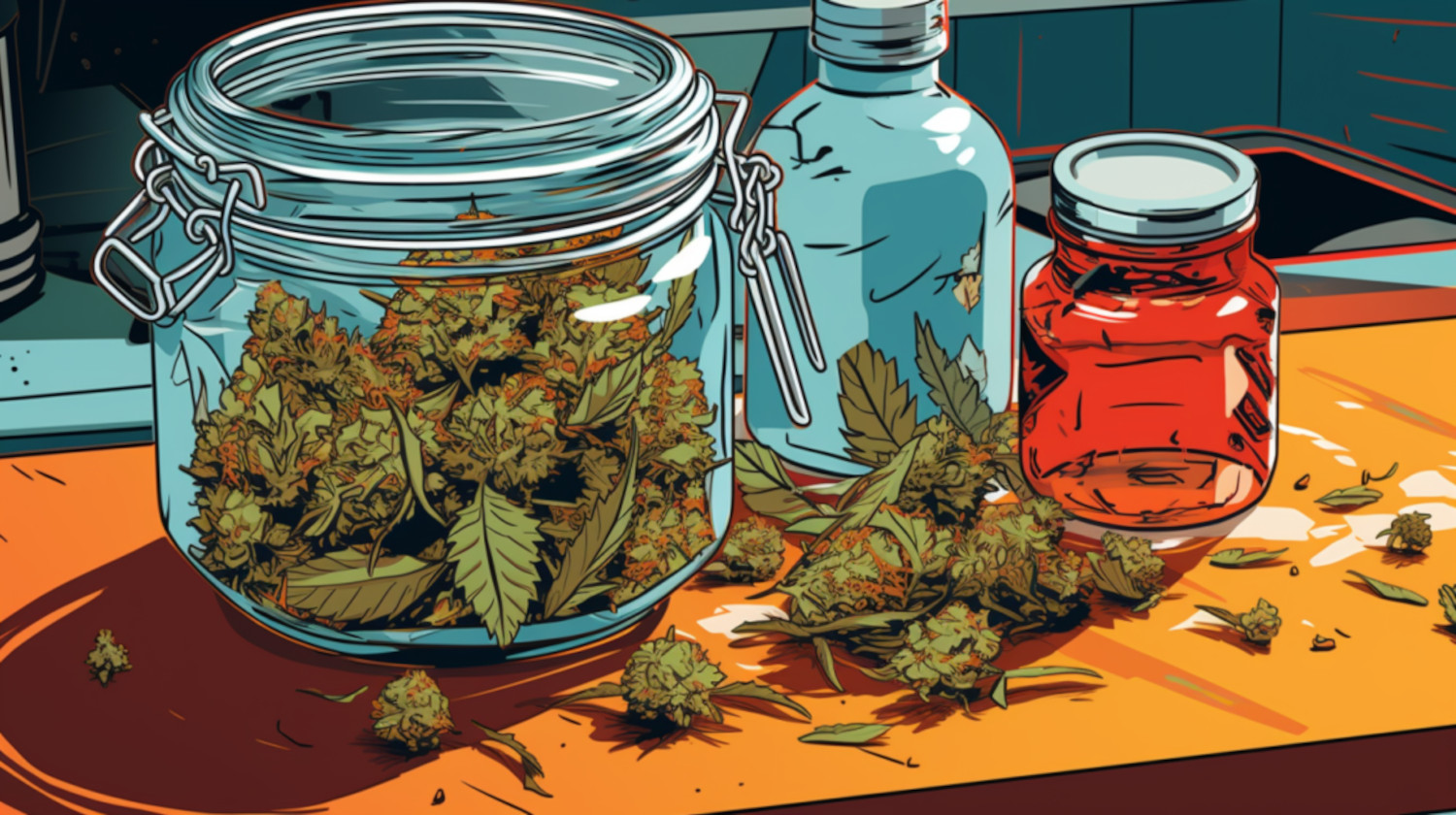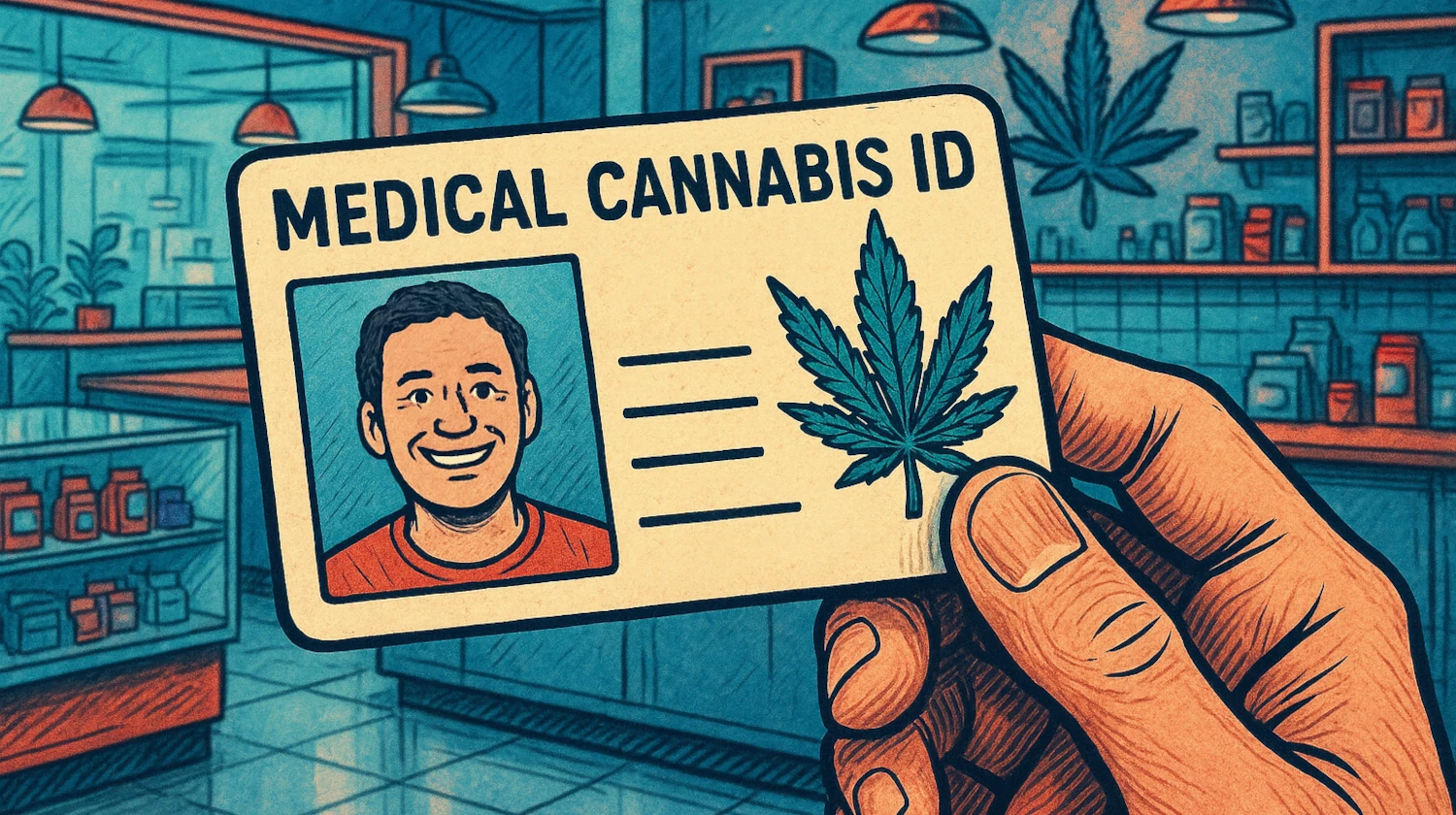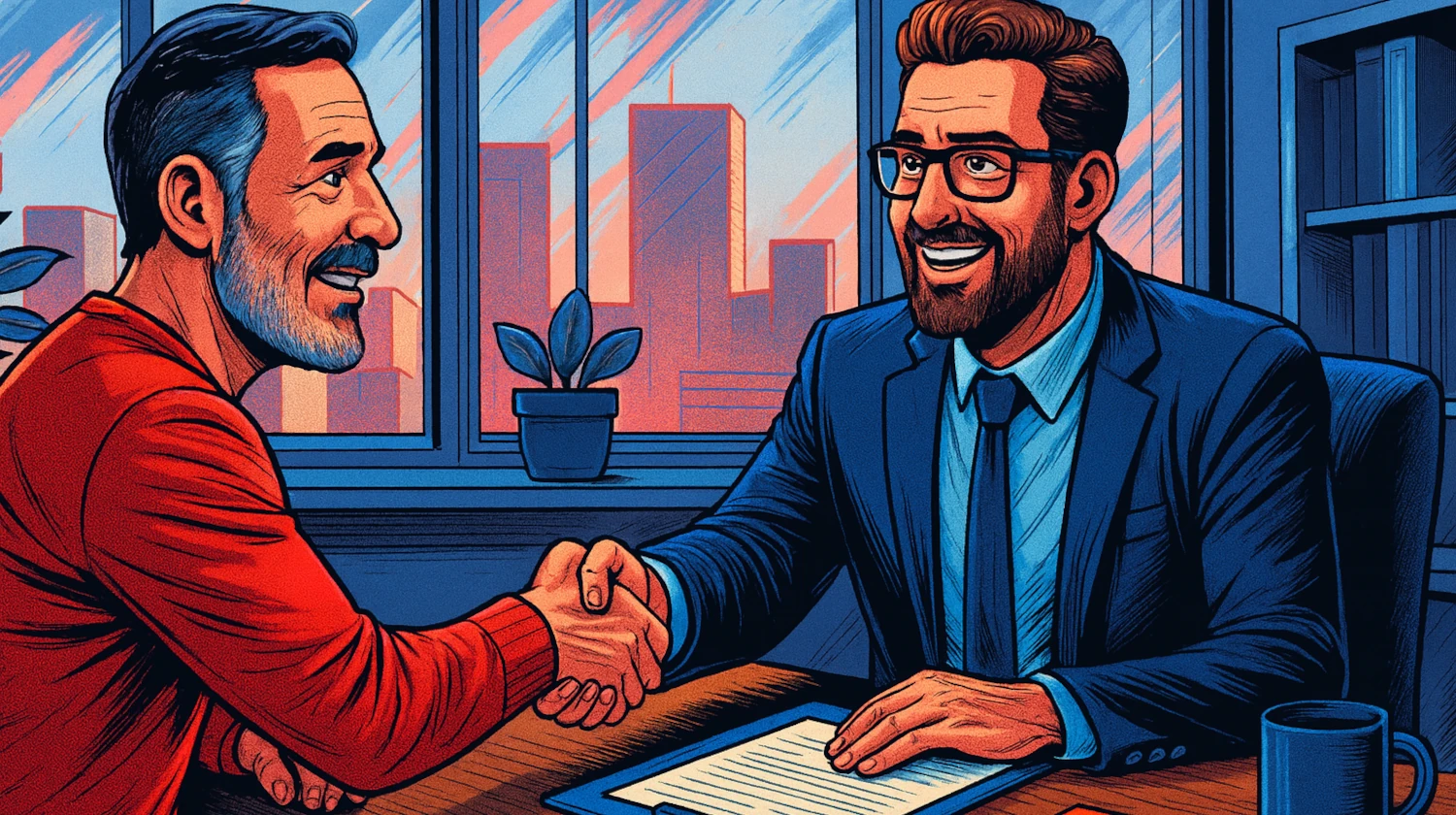In This Article
A survey of more than 200 medical cannabis patients conducted by Utah researchers offers insight into reasons why patients turn to unlicensed products to treat their medical conditions. The research revealed that about one out of 10 medical cannabis patients had used illicit cannabis products in the two weeks before the study, with respondents citing cost and an unsure supply at licensed dispensaries as reasons for turning to the unlicensed market.
Jerry Cochran, PhD, senior author on the study and a professor of epidemiology, said that patients who use medical cannabis regularly often have ongoing conditions such as chronic pain and post-traumatic stress syndrome that make it difficult to hold down employment. As a result, medical cannabis patients frequently suffer economic hardship that makes it difficult to afford cannabis from dispensaries.
This economic barrier to medical cannabis access often leads patients to seek less expensive products from the illicit market. Unlike regulated products, medical cannabis from the illicit market is generally not tested for safety and potency. This puts patients who use unlicensed products at risk of making their medical conditions worse.
“There’s this trade-off. It’s like, ‘OK, I have a chronic illness which makes it hard for me to work, and so I have limited resources,” Cochran, who is also the director of the Program for Addiction Research, Clinical Care, Knowledge, and Advocacy (PARCKA) at the University of Utah, said in a statement about the research. “I can more easily afford the stuff from my friend on the street, but that stuff on the street might make me sicker in the long run.’ It creates this catch-22 where it becomes a health disparity.”
Using Unregulated Medical Cannabis Products Carries Risks
Because unregulated medical cannabis products are not laboratory tested, patients are unaware of the levels of THC, CBD, and other cannabinoids they contain, making proper dosing difficult. Illicit products may also contain mold, pesticides, or heavy metals that can exacerbate a patient’s condition.
Utah voters legalized cannabis for medical use in 2018, with regulated dispensary sales beginning in 2020. Lirit Franks, PhD, an author on the study and a research development associate in PARCKA, said the recent approval of medical cannabis in Utah and the risks associated with illicit products make it necessary to study how patients are using the state’s program.
“It engenders accountability,” said Franks. “You can see areas to improve, you can see what’s working, and you can see areas for future research that might be very important.”
While cost presented a barrier to obtaining medical cannabis, the survey also revealed that when patients had access to credible information, they were much more likely to avoid products from the illicit market.
“If you can get rid of all the bias and just give people good, accurate information about medical cannabis, people will use the medical cannabis program,” Cochran said.
The results of the survey show that better dissemination of unbiased information could help people who use cannabis make better decisions. If healthcare providers can ensure that their patients have access to credible information about cannabis, Cochran noted, “they do a good job of keeping patients safe and using safe products.”
The results of the study were recently published in the peer-reviewed Journal of Cannabis Research.
Read our investigative report on contaminated cannabis in California's illicit shops, catch up on the latest cannabis news, and sign up for NuggMD's Weekly Sesh newsletter for the latest cannabis news, consumer tips, and recommendations.
The information in this article and any included images or charts are for educational purposes only. This information is neither a substitute for, nor does it replace, professional legal advice or medical advice, diagnosis, or treatment. If you have any concerns or questions about laws, regulations, or your health, you should always consult with an attorney, physician or other licensed professional.




